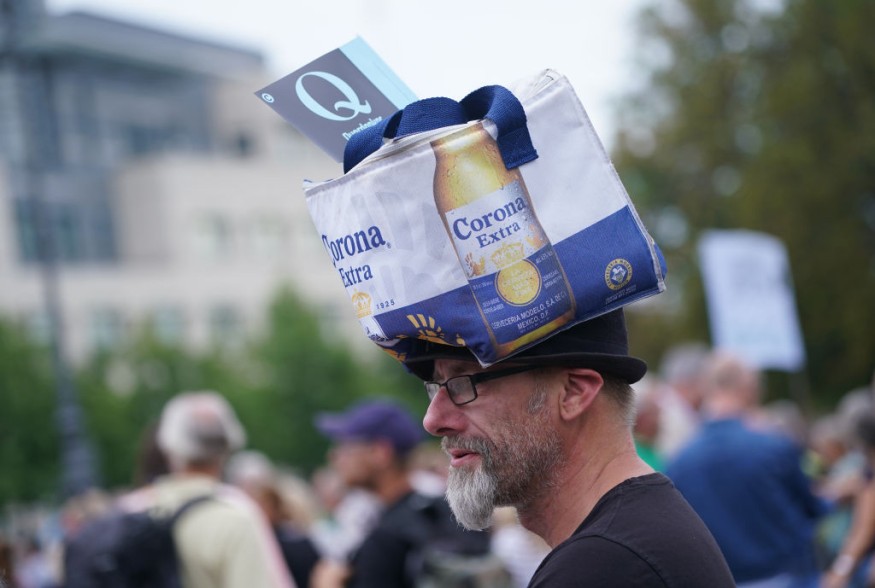
You attract what you think, and this does not only apply for the good things, but also the terrible ones.
According to a new study, our personal beliefs on COVID conspiracies "prospectively predict health behavior and well-being during a pandemic," and such beliefs make exposure more likely to test positive to COVID-19 infection.
"Even if a conspiracy theory is extremely implausible according to logic or scientific evidence, if it seems real to a perceiver, it has a genuine impact on attitudes, emotions, and behavior," researchers explain in a new paper, led by first author and social psychologist Jan-Willem van Prooijen from Vrije Universiteit Amsterdam in the Netherlands.
In fact, this phenomenon had also been demonstrated in various studies that says belief in conspiracy theories significantly affects a person's behavior in many different ways.
Age of Coronavirus
Research shows that COVID-19 conspiracy beliefs could be associated with detrimental health attitude that will put public health at risk, such as going against preventive measures like physical distancing and wearing masks, most especially less intention in getting vaccinated.
To relate this theory to people's health and wellbeing in the context of the pandemic, van Prooijen and his team conducted a survey which involved 5,745 participants nationally represented by Dutch population, early in the pandemic of April 2020.
Questions included their belief on coronavirus as a bioweapon to take away people's rights and coronavirus as cover-up for the impending global economic crisis.
After several months, the same group were asked whether they had been tested, if they did what was the result, and if they followed COVID-19 restrictions.
Results showed what has been expected, but the outcome only applies to those who got themselves tested.
Researchers hypothesized that conspiracy theorists might be more susceptible to infection due to their personal beliefs about the virus, while being less likely to get asymptomatic testing.
An Unappealing View
The team had drawn another conclusion from the study which suggests that conspiratorial thinkers were more likely to have lost their jobs during the pandemic, and were rejected in social context.
"Intolerance of conspiracy believers is consistent with the notion that publicly endorsing conspiracy beliefs is stigmatizing and can decrease people's social support network," the researchers wrote.
However, they emphasized that although the experiment has a number of strengths, there are also unmeasured factors that could ultimately alter result of data.
"Conspiracy theories have received a lot of attention during the pandemic, on the Internet, social media, and public discourse. While both theorizing and empirical research have suggested that conspiracy beliefs may predict health and well-being, thus far these associations have only been established in the short run," the authors concluded.
This means that the current results only add up to body of research by establishing the role of conspiracy theories in the long run. It all rounds down to how people cope with challenges of the pandemic and how their attitudes produce certain implications that are associated with a myriad of negative life outcomes.
© 2025 NatureWorldNews.com All rights reserved. Do not reproduce without permission.





